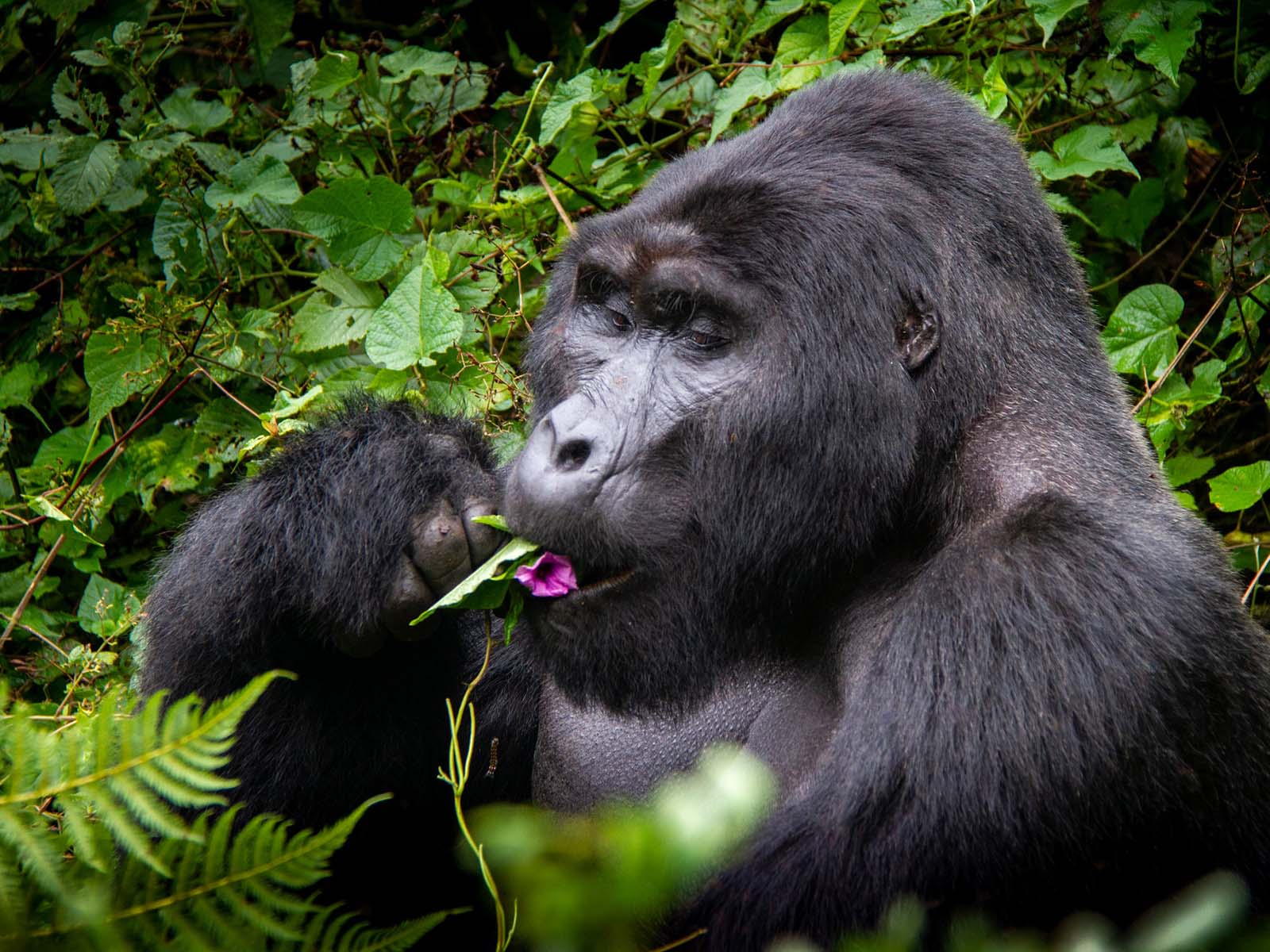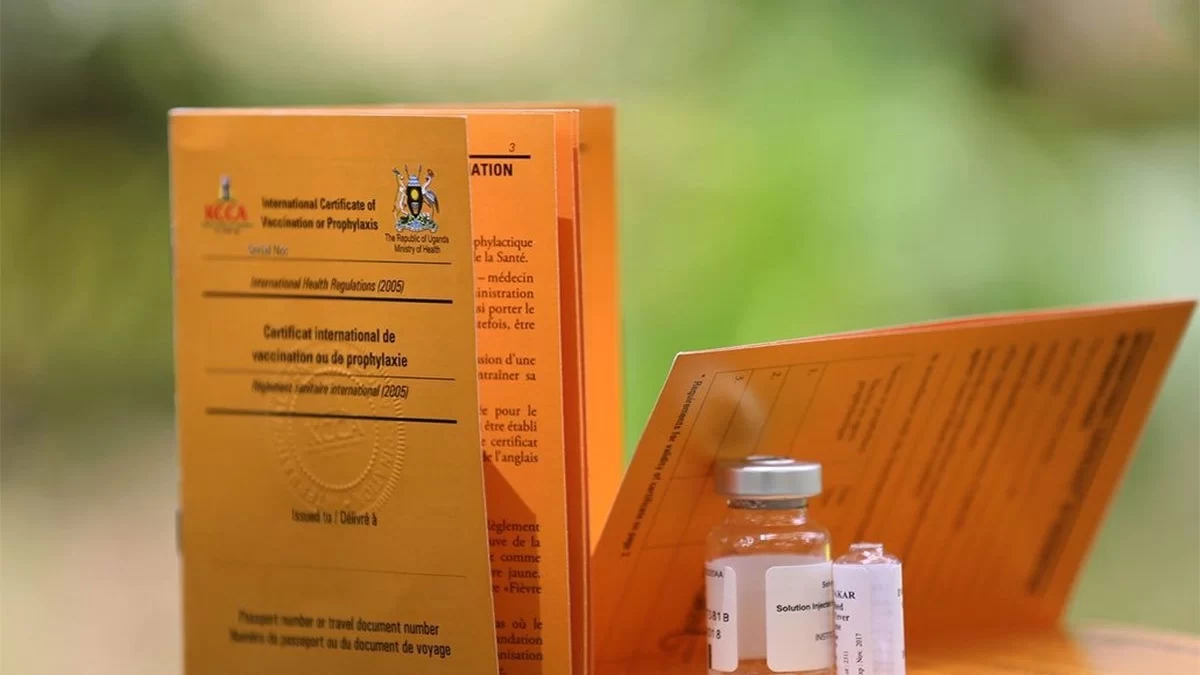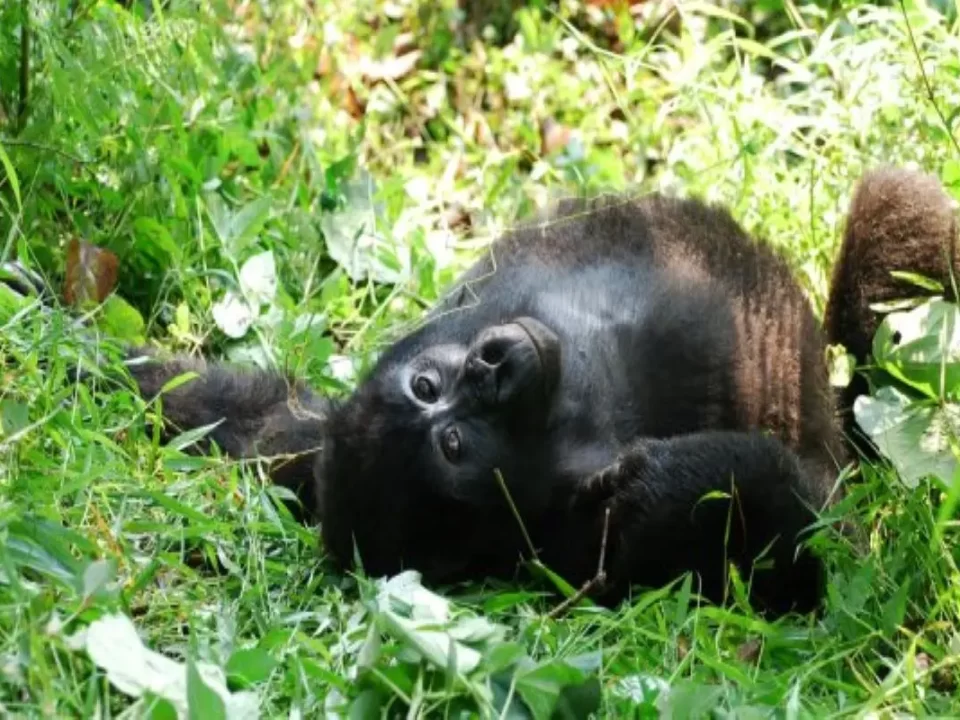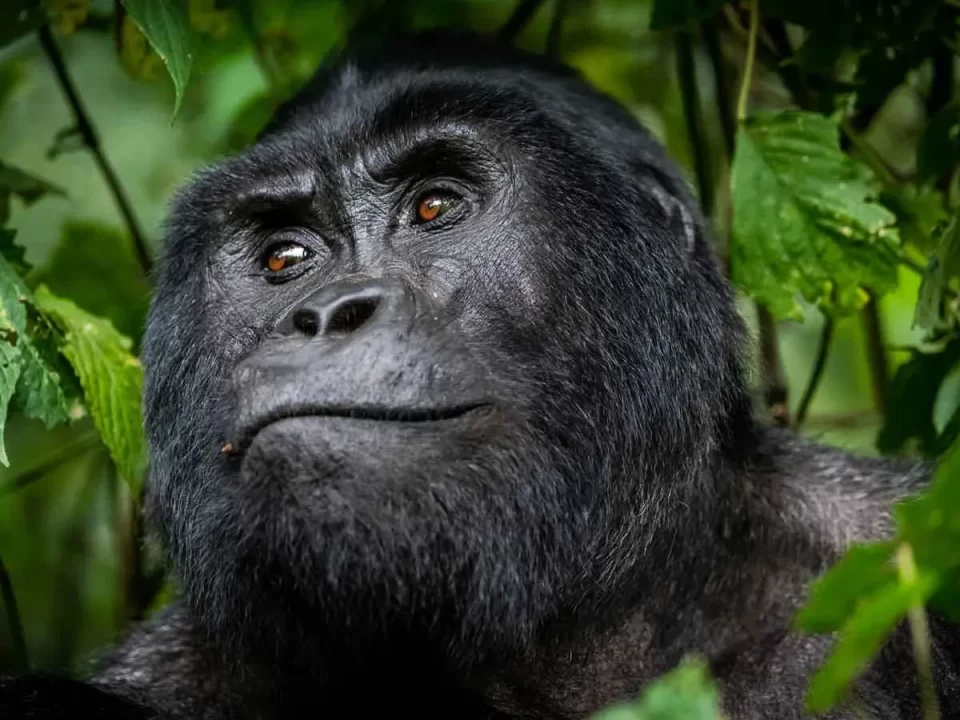
What is a Group of Gorillas called?
December 14, 2023
Fishing at Murchison falls on Victoria Nile River
December 14, 2023Yellow Fever Vaccination Requirements for African Safaris in Uganda and Rwanda
Embarking on an African safari is an exciting adventure, and for those considering Uganda and Rwanda, understanding the yellow fever vaccination requirements is paramount.
Yellow Fever Vaccination Requirements in Uganda
In Uganda, possessing a yellow fever vaccination certificate is a crucial prerequisite for travelers. Whether you plan a brief visit or an extended stay, every incoming individual must present this certificate upon arrival at the airport or any border entry point. The requirement became particularly stringent following the yellow fever outbreak in Angola. However, specific categories of individuals are exempted from this obligation, provided they possess relevant medical letters justifying their exemption.
For those arriving without the necessary documentation, an option is available to receive on-site vaccination at a cost. Nevertheless, this comes with a caveat – the vaccinated individual remains susceptible to the virus for ten days. To avoid this vulnerability, it is strongly advised to obtain the yellow fever vaccine well in advance of your travel.
Yellow Fever Outbreak in Uganda
Yellow fever, a viral infection transmitted through infected mosquitoes, poses a risk in the tropics and subtropics of Africa. Symptoms encompass fever, headache, muscle pain, nausea, vomiting, jaundice, and fatigue. The severity of the disease can lead to death within ten days for those exhibiting serious symptoms.
An outbreak of yellow fever was confirmed in the northern part of Uganda, with cases traced back to traders dealing in timber who contracted the virus from South Sudan. Urging the populace to protect themselves, Uganda’s World Health Organization Representative emphasized the importance of acquiring the yellow fever vaccine, the most effective preventive measure. Trained medical workers from the Ministry of Health have been actively vaccinating locals across the country, following organized schedules.
Transmission Cycles of Yellow Fever
Understanding the transmission cycles of yellow fever is crucial for travelers. There are three cycles:
- Jungle (Sylvatic): Transmission occurs between non-humans, primarily animals like primates, to mosquitoes in the forest canopy. Mosquitoes then transmit the virus to people living around the jungles.
- Intermediate (Savannah): Transmission involves the virus moving from mosquitoes to humans, monkeys to humans, or humans to humans through mosquitoes.
- Urban: Aedes Aegypti, a species of mosquito, plays a role in transmitting the virus from infected humans who have transferred from the jungle or savannah to urban areas.
Tourists are advised to avoid areas affected by yellow fever during their safaris. Uganda, known for its swift response to diseases like yellow fever, Marburg, Ebola, and malaria, maintains its commitment to safeguarding public health.
Yellow Fever Vaccination Requirement for Traveling to Uganda
Being within the yellow fever zone, Uganda mandates a yellow fever vaccination certificate from the World Health Organization (WHO). Without this certificate, entry into the country is prohibited. For those without the required documentation, on-site vaccination is available at the airport upon arrival, costing approximately USD 40. Travelers are issued a vaccination card as proof. Nevertheless, travelers are strongly encouraged to obtain the vaccine at least 10 days before embarking on their safari.
Exemptions from Yellow Fever Vaccination
Certain groups are exempted from yellow fever vaccination requirements. These include infants below one year, pregnant women, individuals with HIV/AIDS with a CD4 count below 200, and those above 60 years. Individuals who experience adverse reactions to the vaccine, such as allergies to egg proteins, are advised to secure medical letters allowing travel without yellow fever vaccination certificates.
Yellow Fever Vaccination Requirement for Traveling to Rwanda
While Rwanda shares proximity with Uganda, its yellow fever vaccination requirements differ. Travelers from non-endemic yellow fever countries can enter without vaccination cards. However, those from and passing through endemic countries, including Uganda, Kenya, and parts of South America, must possess valid vaccination certificates.
Countries Endemic to Yellow Fever
Several countries are endemic to yellow fever, and vaccination against the disease is recommended for both residents and travelers. These countries include Angola, Argentina, Benin, Bolivia, Brazil, Burkina Faso, Burundi, Cameroon, Central African Republic, Chad, Democratic Republic of Congo, Ecuador, Equatorial Guinea, Gabon, Gambia, Ghana, Guinea-Bissau, Kenya, Liberia, Mali, Mauritania, Niger, Nigeria, Panama, Paraguay, Peru, Senegal, Sierra Leone, South Sudan, Sudan, Suriname, Togo, Uganda, and Venezuela.
Significance of the Yellow Fever Vaccine
Yellow fever, an acute viral hemorrhagic disease, is transmitted through infected mosquitoes. The yellow fever vaccine stimulates the production of antibodies in the body, providing immunity against the virus. This safe and highly effective vaccine ensures immunity within 10 days and protects for a lifetime.
Additional Precautions Against Mosquito Bites
In addition to the yellow fever vaccine, travelers are advised to take precautions against mosquito bites:
- Use insect repellent on both the body and clothes.
- Wear long-sleeved shirts and trousers.
- Limit sugar intake, as high sugar levels attract mosquitoes.
- Choose clothes in dull colors.
- Utilize mosquito nets while sleeping.
- Employ insect killers like Doom in living spaces.
In conclusion, meticulous preparation for a safari involves understanding the specific requirements for each destination. If the yellow fever vaccination certificate is among the prerequisites, obtaining the vaccine in advance and carrying the accompanying card is imperative. For detailed information and assistance regarding yellow fever vaccination requirements and other safari essentials, contact Trek Africa Expeditions. Our dedicated team is ready to provide the necessary guidance to ensure a safe and memorable African safari experience.




